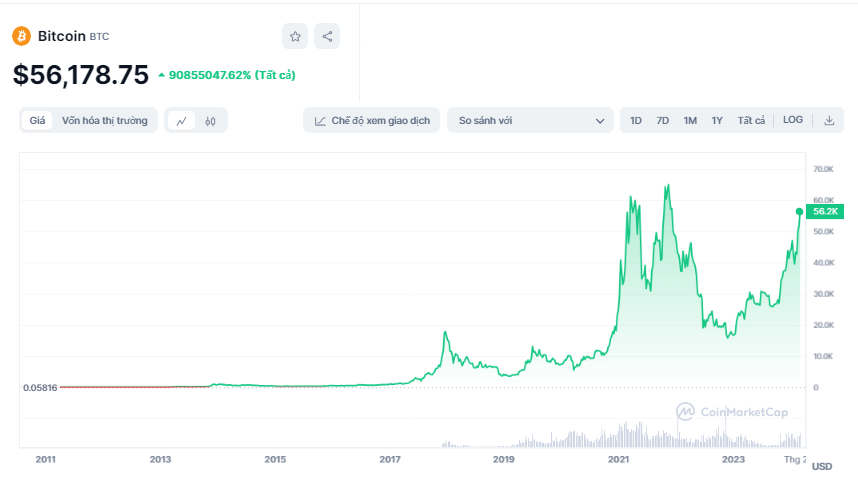
In a recent announcement, the OKX exchange revealed that at the request of the Pi Network team, the cryptocurrency will be listed in Isolated Listing Mode. This means users in certain countries and regions will be unable to deposit or trade Pi on the exchange, raising concerns among investors.
This special listing mode, typically used for tokens with legal or liquidity risks, will restrict users in some countries and regions from depositing and trading Pi. When activated, the cryptocurrency may be limited to specific trading pairs or unavailable for withdrawal to personal wallets in the initial phase.
The move has sparked concerns about the Pi Network team’s transparency. Notably, while OKX has not disclosed the specific list of restricted countries, experts speculate that mainland China could be included.
The decision has faced strong criticism from the community. Industry experts warn that this could significantly impact Pi’s liquidity, leading to prices that may not accurately reflect market supply and demand.
“Be cautious when trading Pi. The Isolated Listing Mode could be a worrying sign,” warned FOMO HUNTER, an expert on the X platform.
Additionally, the fact that major exchanges like Binance and Coinbase have not yet approved Pi for listing raises questions about the project’s legality and long-term prospects. Previously, the CEO of the ByBit exchange also expressed reluctance to list Pi.
Experts point to several red flags, including an overly long development time, unclear updates, and stringent KYC requirements that have prevented users from withdrawing or utilizing their Pi.
In a separate incident, the Pi Network app encountered technical issues. Many users reported being unable to access their wallets due to technical problems with the app and the Pi Browser. Their login attempts were met with an error message: “An error has occurred. But don’t worry, your Pi balance is safe. Please come back and try again later!”
– 09:57 21/02/2025
The Crypto Conundrum: Virtual Money, Real Losses
In recent times, a myriad of new scams has emerged, preying on the greed and ignorance of unsuspecting individuals. These scams lure people into investing and trading various forms of virtual currencies with promises of hefty future profits. However, blinded by these enticing promises, investors often overlook the inherent risks, ultimately losing their hard-earned money on worthless virtual “assets.”
The Pi Network Price Surges Post-Listing, Hovering Near $1.90
After a long six-year wait, the highly anticipated Pi Network (Pi) is finally transitioning from a closed system to an open mainnet. The launch is set for an exciting reveal on the 20th of February at 3 PM Vietnam time.











































